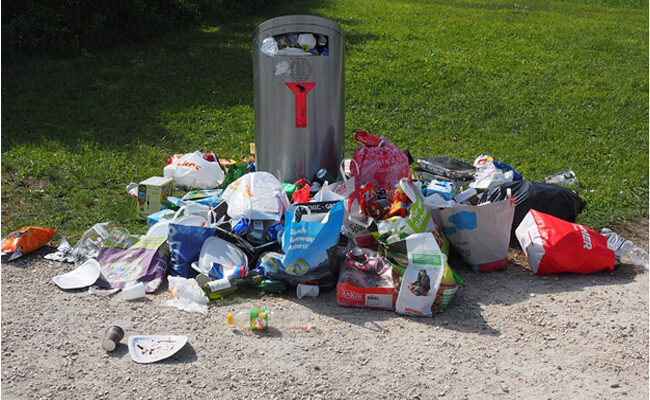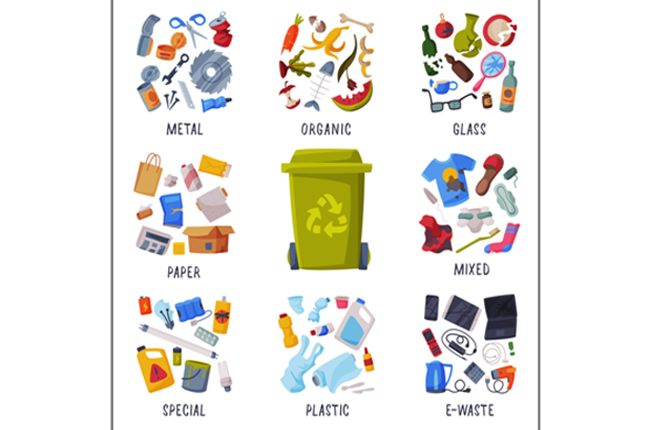
If you are a contractor or a homeowner in your area who has recently completed a building site or a DIY renovation project, now is the ideal time to opt for skip bin hire because, without it, you simply cannot stand. But have you thought that you might be loading your skip bin in the wrong way?
However, hiring a skip is not the only step you will need to do to satisfy your trash management responsibilities. You will also need to know how to use the skip properly in order to save money and protect the environment. What is the best skip size for you? How do I properly load it? What not to throw out in the skip bin. Do not worry, here is all that you need to know.
Top 5 Best Things To Not Miss Out While Loading The Skip Bin:
1. Do Not Pick The Wrong Size – It’s Dangerous Than You Think!
When leasing a skip, the most critical factor to consider is how much skip space you will require for your project garbage. Skips are available in a variety of sizes, ranging from 2 yard and 4 yard micro skips to 17-yard giant skips that can hold up to 160 bin bags. The first thing you will need to figure out is how much garbage disposal meterage you will require.
When you are finished with the process, gather all of the trash in one place. Collecting and arranging your trash will give you a better sense of how much space it will take up and how to make the most of your skip bin space.
2. Make Sure Your Waste Type Is Not Hazardous:
We recommend that you thoroughly examine the different forms of waste before booking a skip to ensure that you hire the correct skip for your needs. Once you have hired the skip, you must use it for a specific type of waste; otherwise, you will be wasting time and money.

For example, if you rent a skip bin designed for general rubbish rather than bulky waste and then fill it with soil and concrete, the skip may become too heavy and surpass its weight capacity. If you are not sure which skip is best for you, see if they are offering listings or not. Let say you want construction skip bins and you are not aware which waste is to be dumped and which is not, so if the company has a list then it is the only one you have to opt for.
Also keep in mind that if you hire a skip for recyclable rubbish and then opt to throw additional mixed waste in the same bin, your fees will go up. If you discover that you need to modify the trash type after booking a skip, you should call your skip supplier as soon as possible.
3. Never Over Do Your Skip Bin:
Customers all throughout the world go overboard with waste fills, which costs them more than they anticipated. In the event of an overload, the skip business will not be able to pick up the skip on the scheduled day and will have to reschedule either the unloading of the extra rubbish or the hiring of another small skip.
And, as a result, additional transportation charges will be attracted, resulting in an item of higher total expenditure. As a result, please make sure that no material is piled higher than the garbage bin’s top rail.
4. Make Sure You Are Filling Waste With Ease:
The next step is to efficiently fill your skip bin after you have hired the proper skip. The idea is to load your trash in such a way that the available skip space is maximized. Keep flat goods, such as plywood, wood metal sheet, and so on, at the bottom of the stack and arrange them in the same direction.
Use the flat garbage with bulky goods, but ensure that larger items are broken down into smaller pieces. Finally, make sure that the weight is distributed equally throughout the skip so that it does not tip to one side once it is filled.
5. Do Not Put Prohibited Waste In The Skip Bin:
Please ensure that you do not load forbidden garbage into a skip bin while disposing of waste. Chemicals, batteries, asbestos, car tyres, and flammable liquids are among the most commonly forbidden waste materials.
What You Cannot Put In The Skip Bin?
The following items are restricted (including aforementioned) and can’t go in a Skip Bin:
- Asbestos
- Fibro-Cement Sheeting
- Fibreglass Roof Sheeting
- Fibro (compressed or not)
- Food and liquids, including food packaging
- Chemicals of any kind
- Gas bottles
- Oil heaters
- Fire extinguishers
- Old insulation
Closing Thoughts:
I hope that the preceding information with tips on how to properly use your skip bin will be useful in avoiding unneeded difficulty and charges. Moreover, just do not dump everything, consult the authorities too.
Leave a Reply